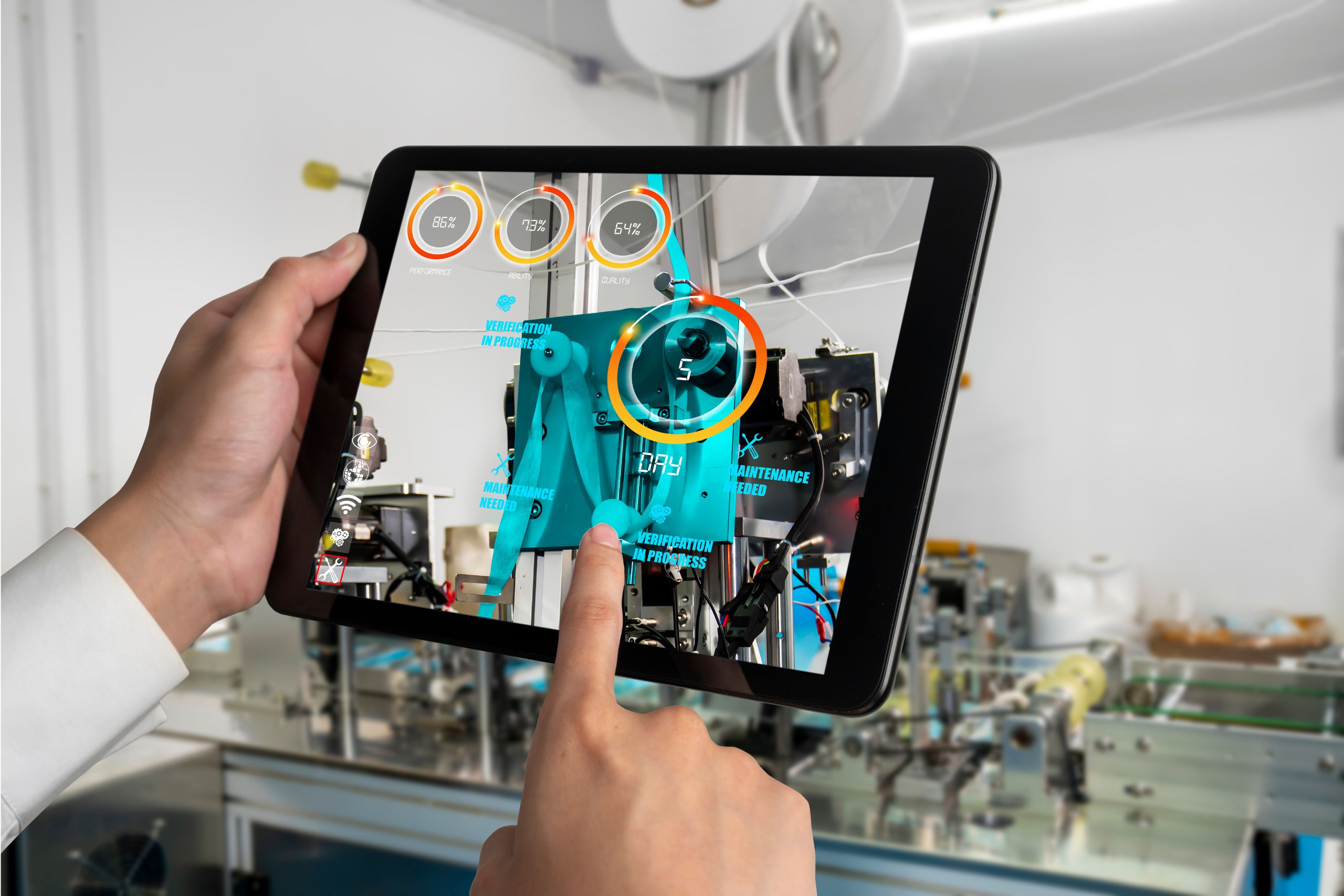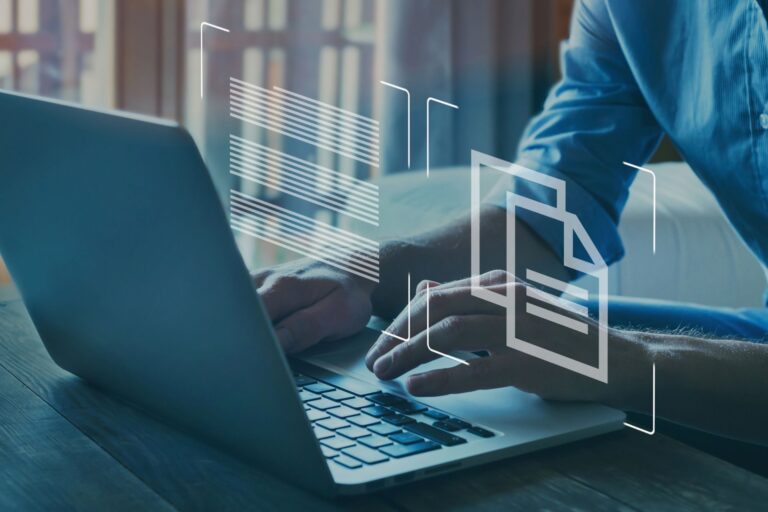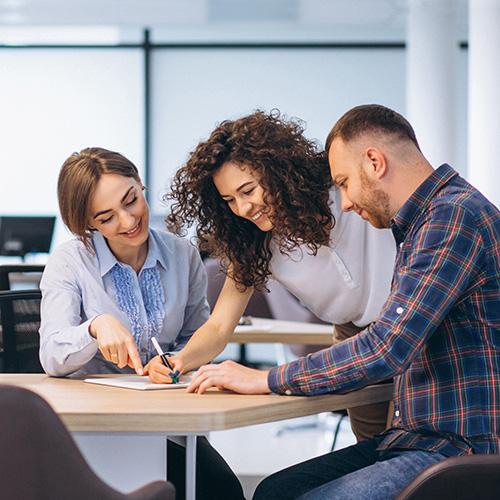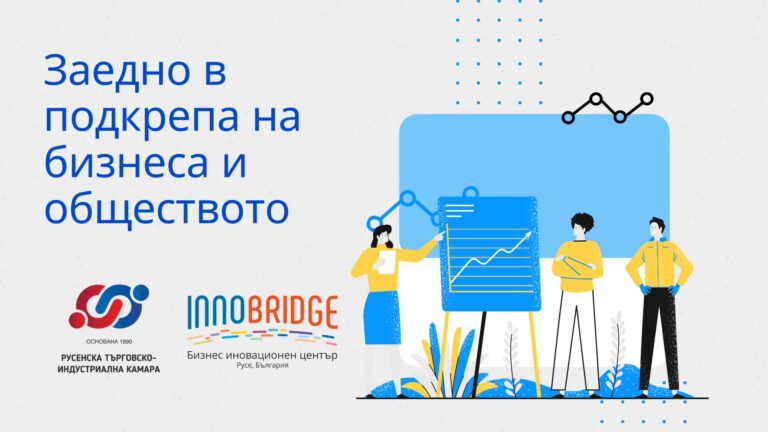Improving productivity in SMEs through augmented reality (XR)
Augmented Reality (XR) technologies are no longer just the future – they are the present, changing the way businesses operate. In Rousse, a city with a diverse and dynamic economic profile, this new kind of technology can bring real changes in areas such as trade, industry and logistics. But how exactly can it transform the activities of small and medium-sized enterprises (SMEs) in Ruse? In this analysis, we will look at the specific applications and opportunities that augmented reality offers to increase productivity in the various sectors of the region.
Introduction to Augmented Reality (XR)
XR is an umbrella term that encompasses virtual reality (VR), augmented reality (AR), and mixed reality (MR). This range of technologies combines virtual objects with the real world, offering users the ability to interact with an enriched environment through special devices such as glasses or smartphones.
- Virtual Reality (VR): It immerses users in a completely virtual world.
- Augmented Reality (AR): Adds virtual objects to the real world visible through a device.
- Mixed Reality (MR): It combines elements of AR and VR, allowing virtual objects to interact with the real world.
With these basic concepts in the foreground, let's look at how this new kind of technology can be implemented in Ruse, a city with rich industrial and commercial activity.
Commerce
- Virtual shopping and product review: SMEs in Ruse can use augmented reality technologies to create virtual stores and showrooms, giving users the opportunity to view products in 3D. This approach can be particularly useful in the machinery and equipment sectors, where a virtual inspection gives detailed information and a feel for the product before purchase.
- Personnel training: Augmented reality training can provide industry personnel with innovative and practical skills, especially in the chemical and metallurgy sectors. Virtual training scenarios simulate complex manufacturing processes, allowing employees to practice in a safe environment.
Industry
- Design and prototyping: The machinery and equipment sector in Rousse can use these technologies for visualization of 3D models and prototypes. This method reduces development time and costs and provides better coordination between teams.
- Service and support: Augmented reality provides virtual manuals and directions that assist service personnel in the maintenance of machinery and automotive parts, providing quick and efficient access to on-site information.
- Production optimization: Technologies can help manufacturers in Ruse analyze and optimize their production lines. Virtual models for testing and process analysis help reduce production delays.
- Remote collaboration: This new type of technology facilitates remote collaboration between different departments and locations in the industrial sector. Virtual meetings and workstations provide real-time interaction between design, manufacturing and maintenance, leading to better process integration and increased productivity.
Logistics and transport
- Optimization of warehouses: Augmented and mixed reality technologies can be used for 3D visualization of warehouses, providing dynamic inventory and space management. This innovative approach facilitates planning and organization, reducing unnecessary costs.
- Training of drivers and warehouse staff: Training using the same technologies can improve the skills of drivers and warehouse personnel, increasing safety and operational efficiency. Virtual simulators provide an opportunity to practice without the risk of real incidents.
- Transport chain management: The technologies in question can support the coordination and monitoring of the transport chain, bringing together real-time data. Process visualization helps detect and respond to problems faster.
Other sectors
- Construction and real estate: 3D visualization and design of construction projects as well as virtual real estate tours can be done through these modern technologies.
- Hotels and restaurants: Innovations in this sector can include new options for menu presentation and guest service, creating a unique consumer experience.
The Rousse Chamber of Commerce and Industry can play a key role in supporting the introduction of these technologies in the region. Through trainings, seminars and collaborations with technology providers, Rousse can become a leading region in the use of augmented and mixed reality. The combination of the region's traditional industrial profile with modern technology provides a unique opportunity for innovation and growth. This approach will not only increase productivity, but also contribute to the development of the local economy, placing us at the forefront of technological progress in Bulgaria.






